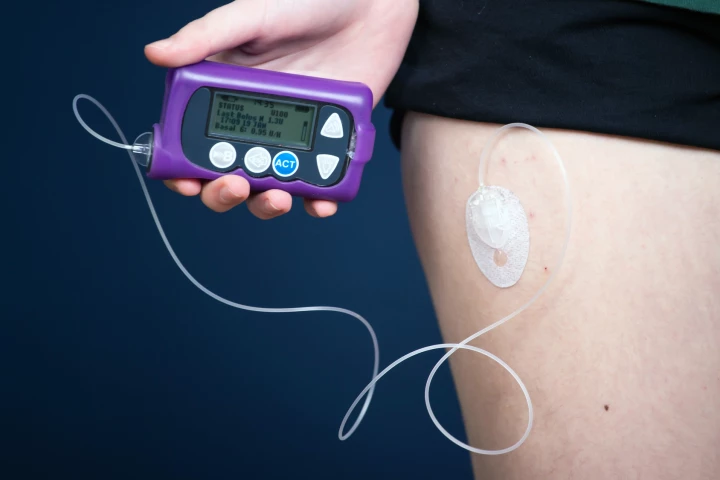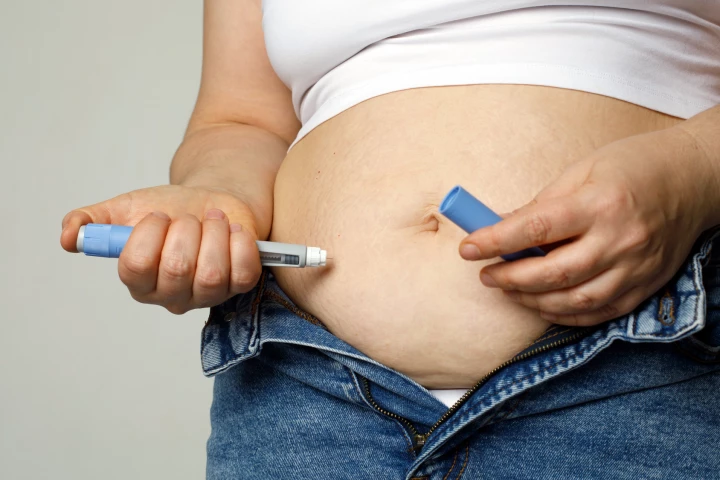Type 1 diabetes
-
An existing transplant drug has shown promise in slowing the progression of type 1 diabetes in newly diagnosed young people, potentially paving the way for the first therapy that modifies the disease after diagnosis.
-
A simple haircut may reveal more than just split ends. By testing for the stress hormone cortisol, which is stored in hair, researchers can identify kids with chronic illness who face the greatest risk of anxiety, depression, or behavioral struggles.
-
Inflammation may predict how well people with diabetes respond to depression treatment, and the effects differ dramatically between type 1 and type 2 diabetes, according to a new study that offers a path towards personalized mental health care.
-
Borrowing a cancer cell’s disguise, scientists shielded insulin-producing cells from attack by the immune system, a breakthrough that could pave the way for targeted type 1 diabetes treatments without whole-body immunosuppression.
-
A clinical trial has shown that Ozempic improves blood glucose levels and weight loss in overweight type 1 diabetics who use an automated insulin delivery system. It’s hoped this will lead to the approval of Ozempic for this patient population.
-
High blood sugars have long been known to cause eye damage in diabetics. However, new research has found that low blood sugar may also contribute. The good news is that it also identified a way of preventing or treating the damage.
-
Transplanting insulin-producing cells along with engineered blood-vessel-forming cells has successfully reversed type 1 diabetes in a new preclinical study. With further testing, the novel approach could one day cure the as-yet incurable condition.
-
Type 1 diabetics have a lower risk of stroke and heart attack than type 2 diabetics, a new study has found. It highlights the fundamental difference between the two conditions and provides insights that could guide future treatment.







